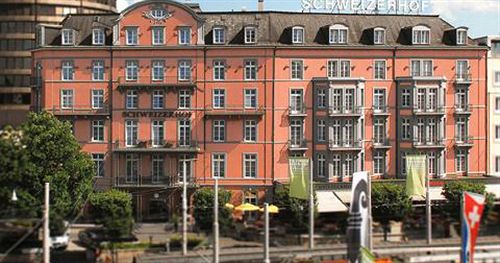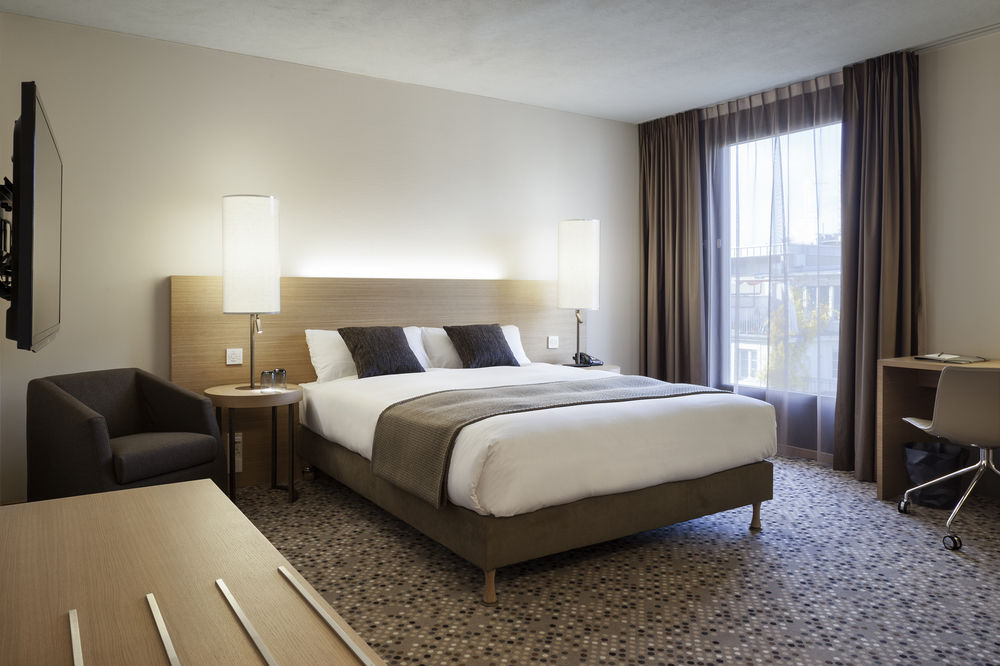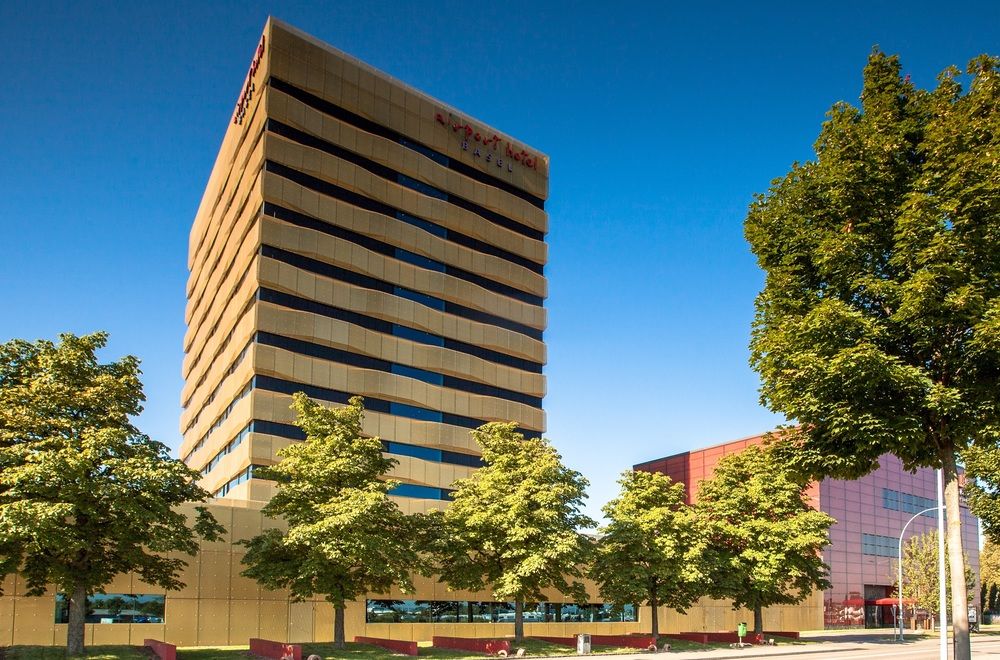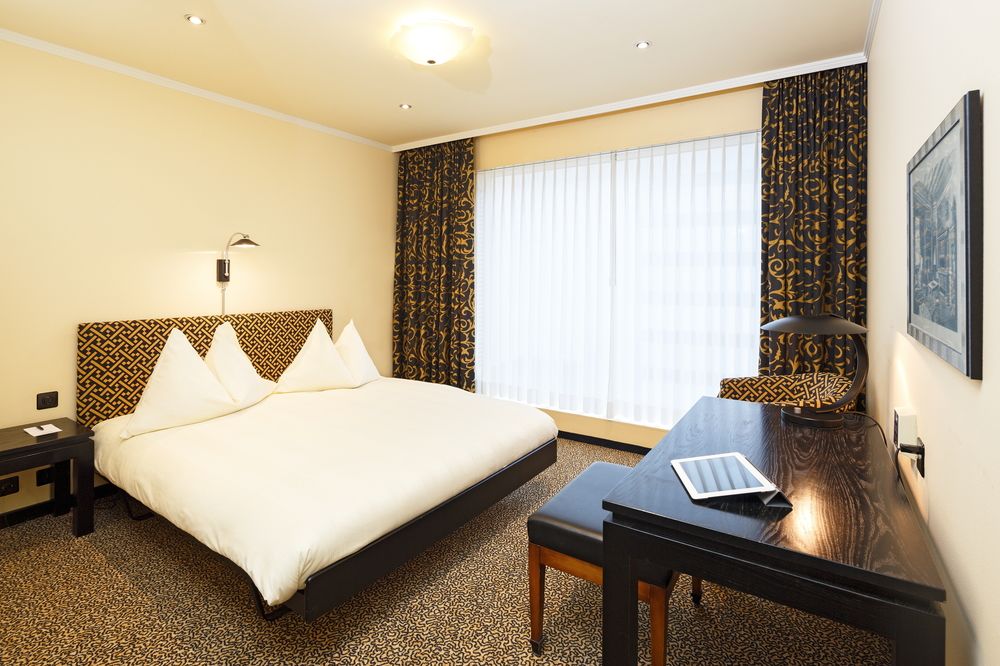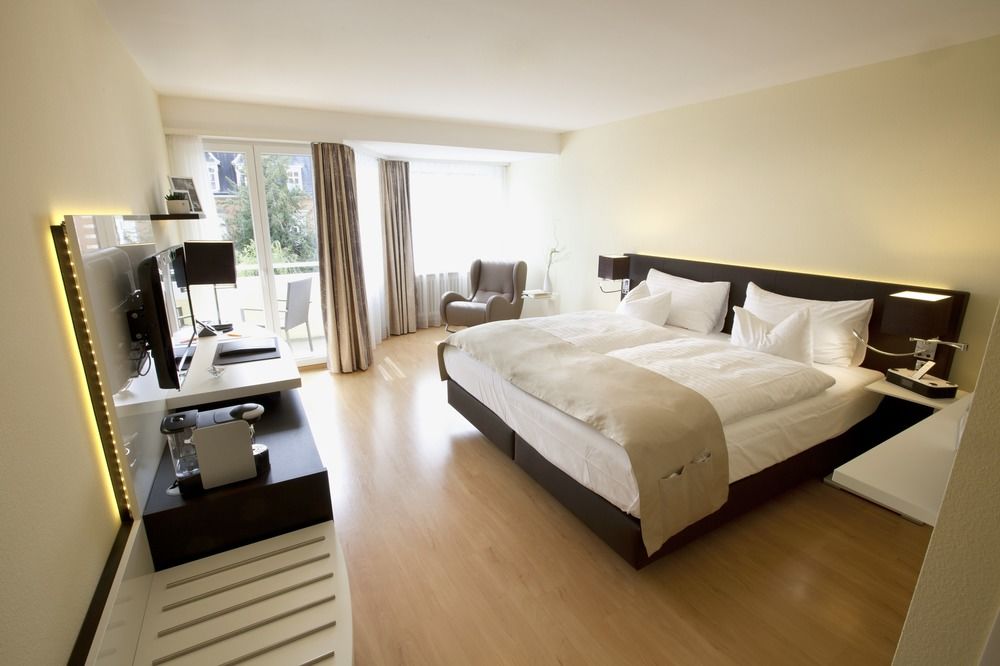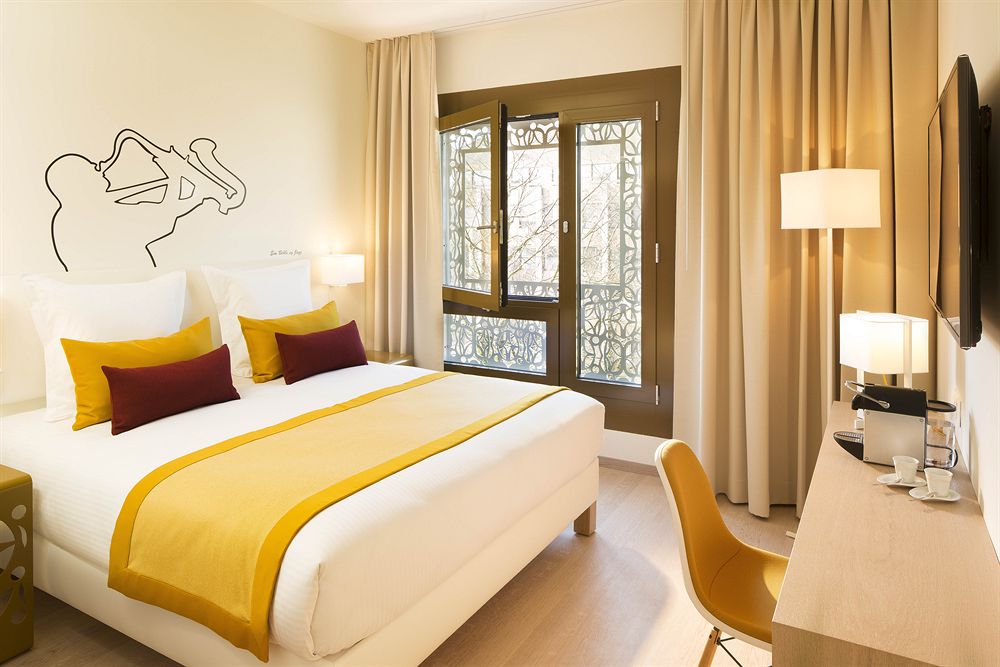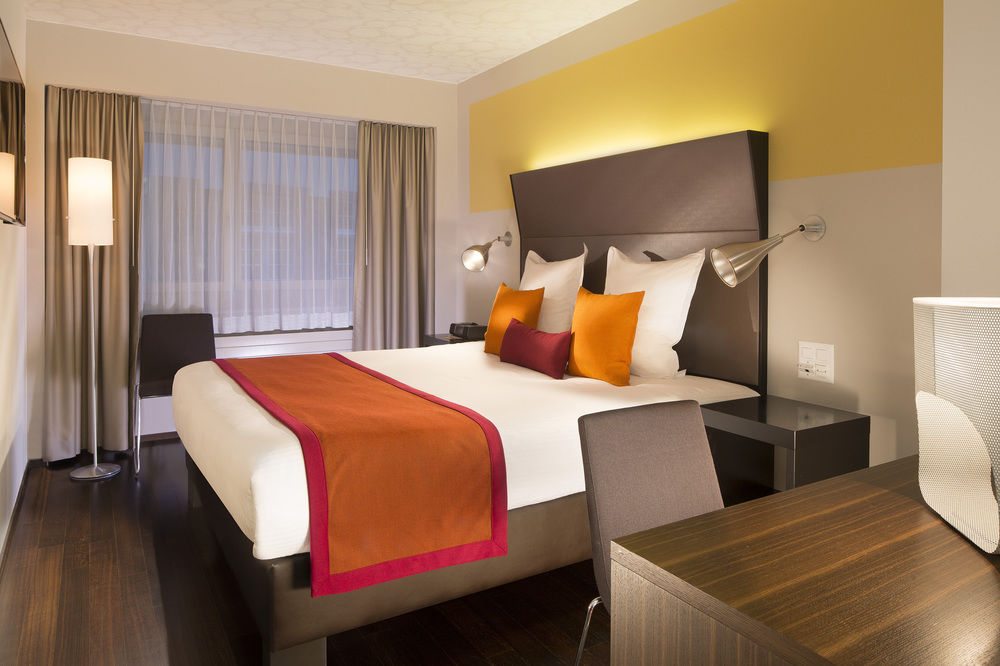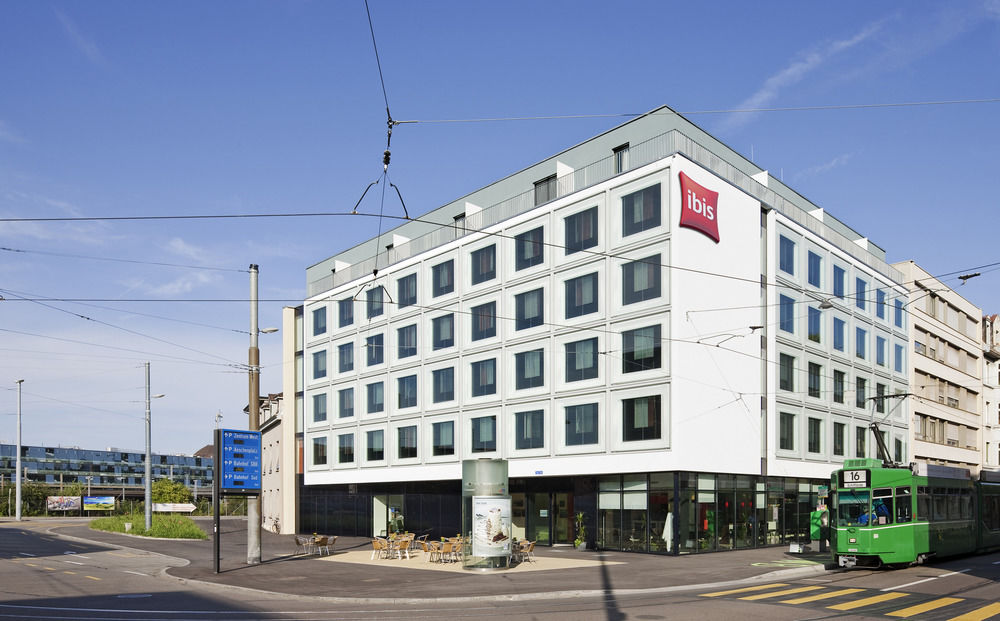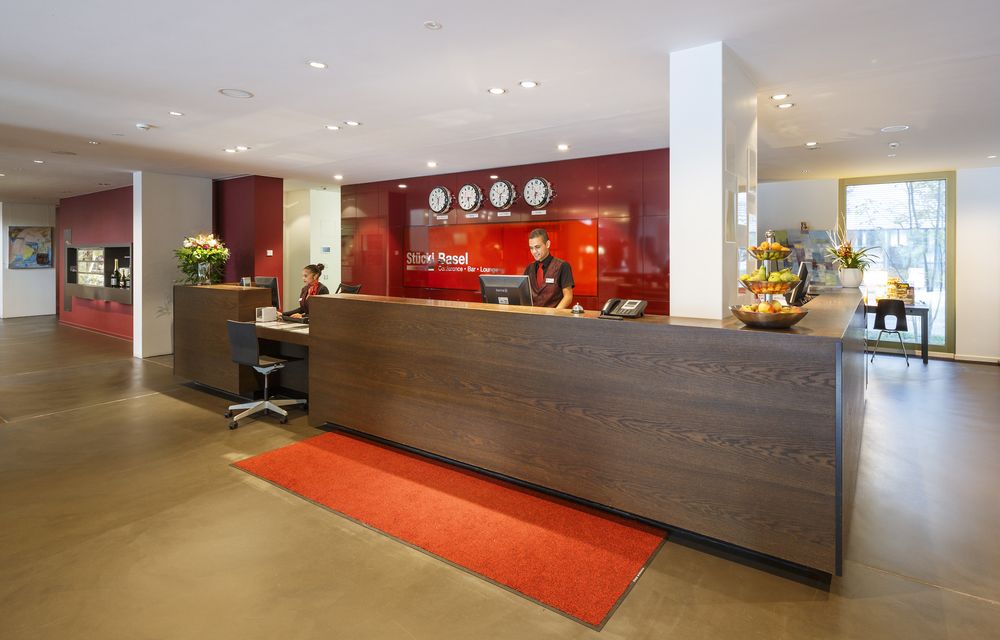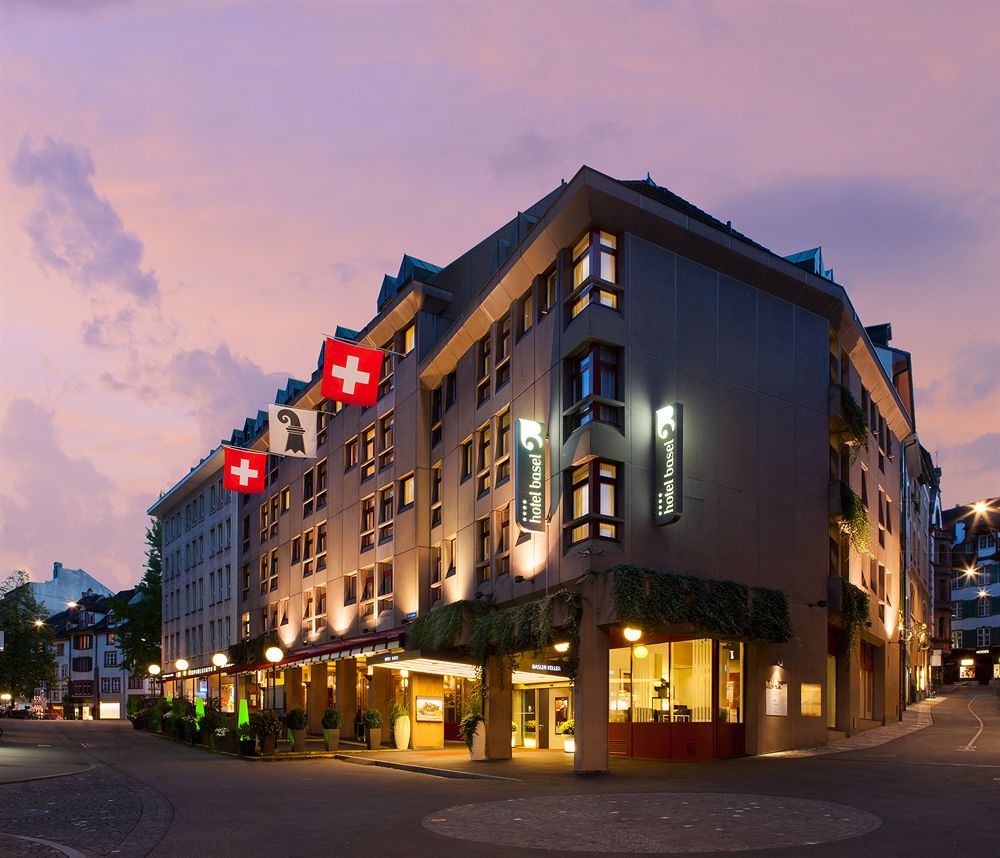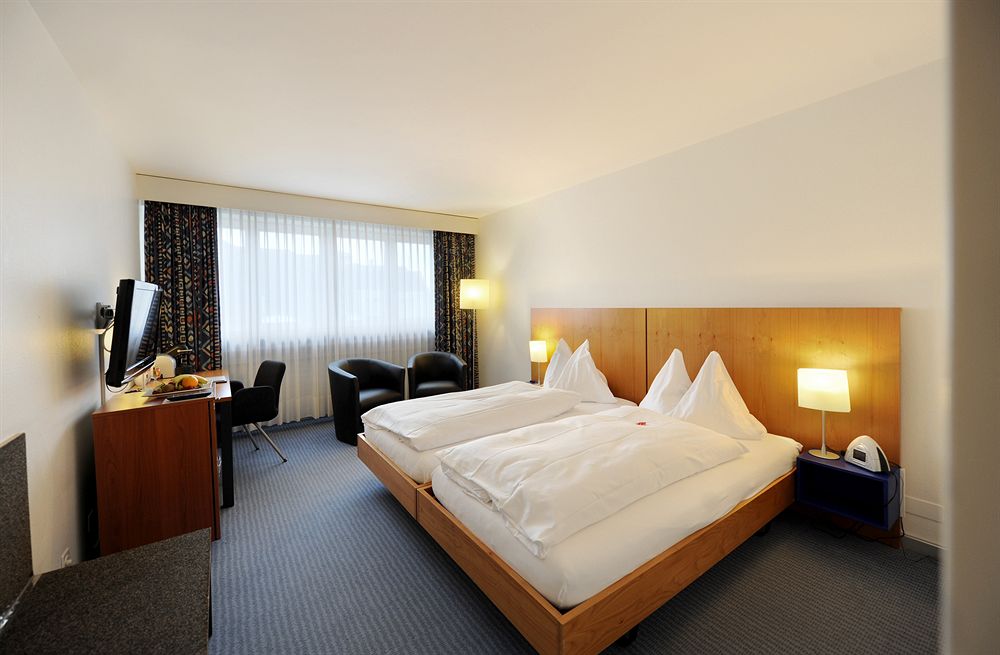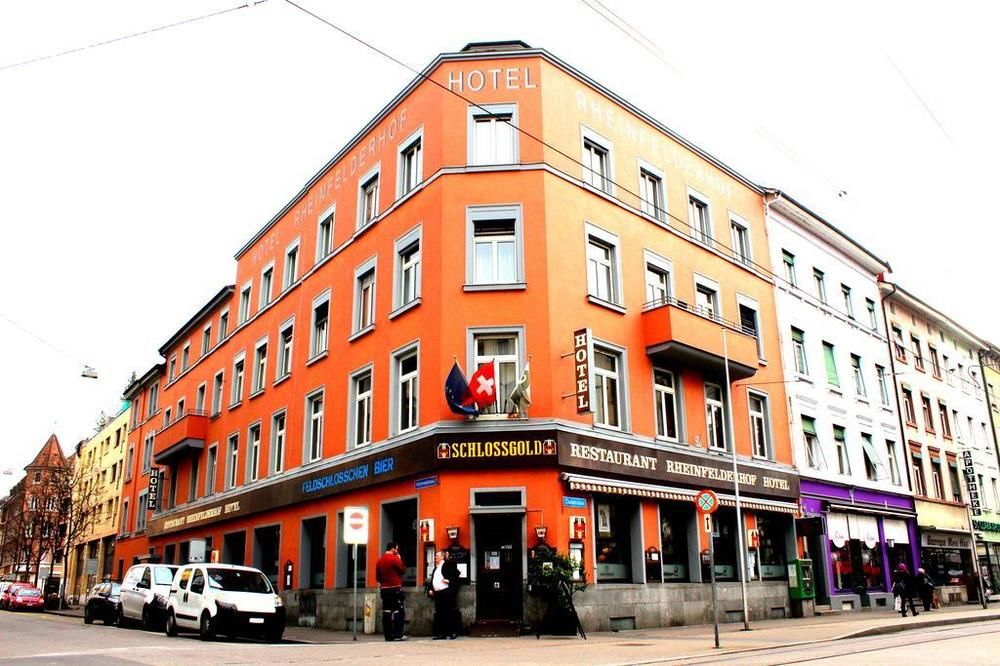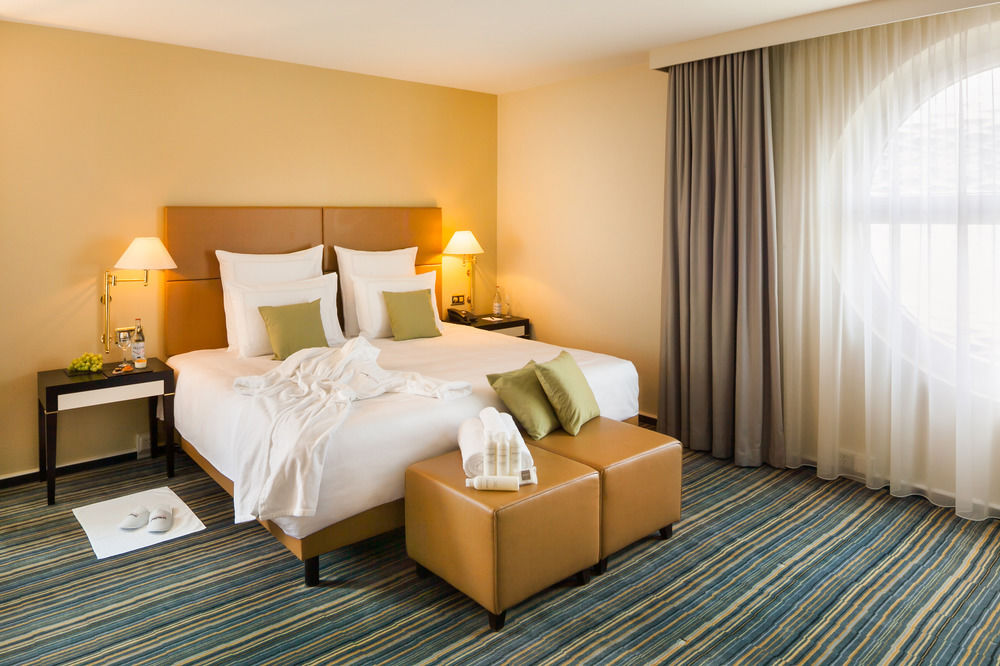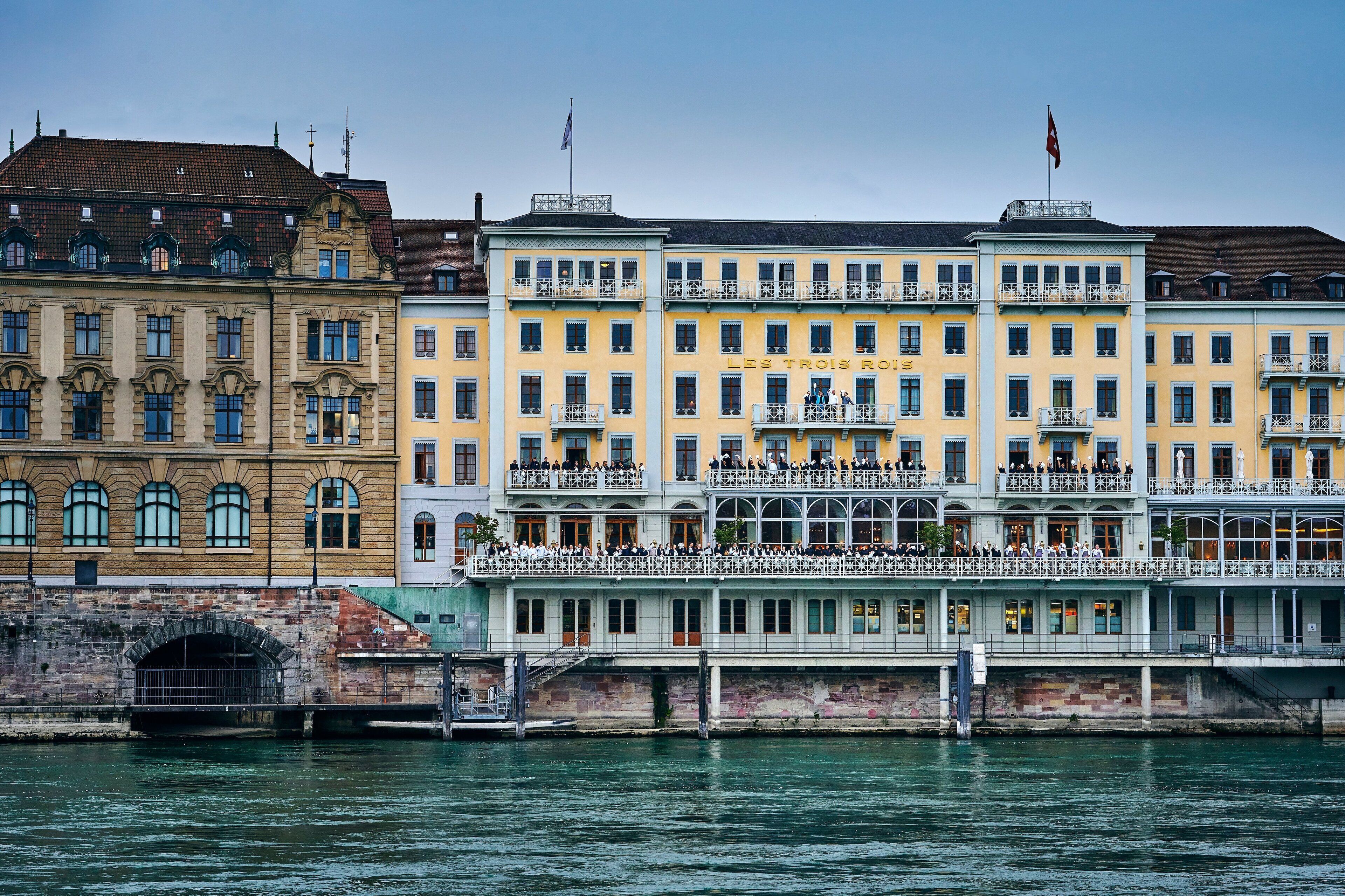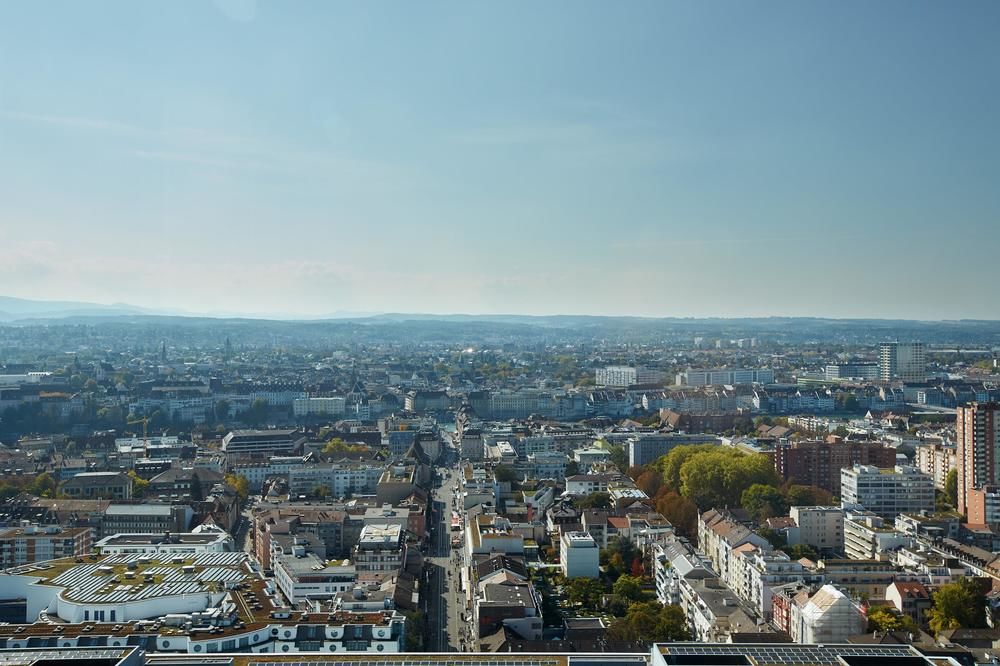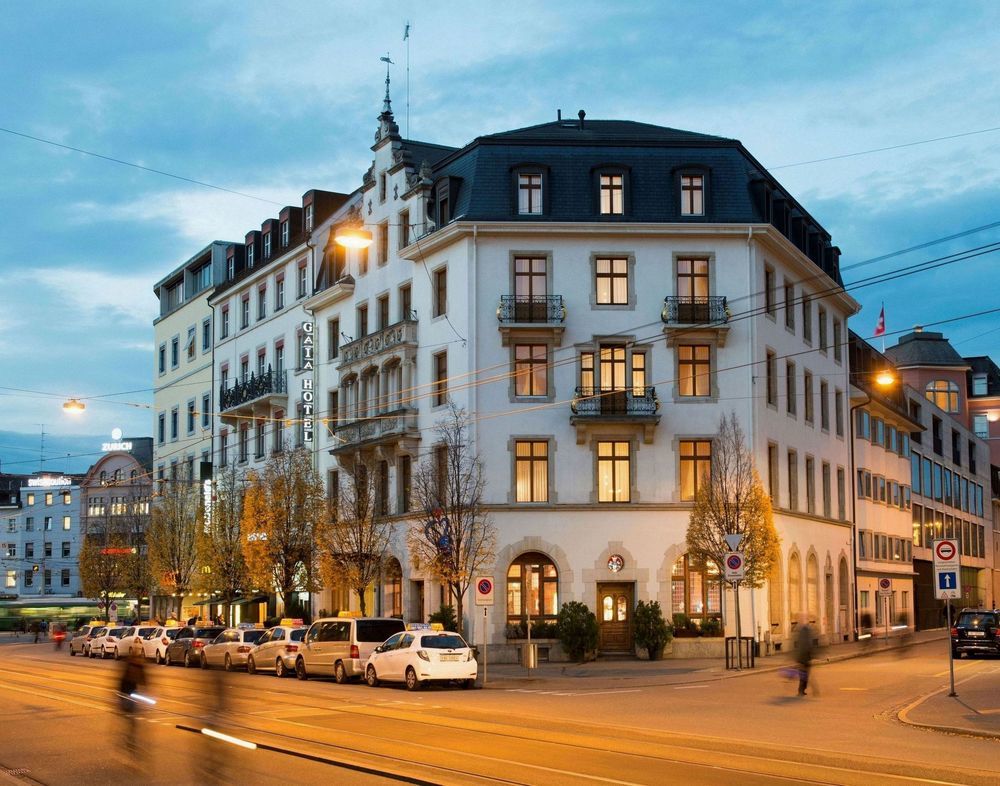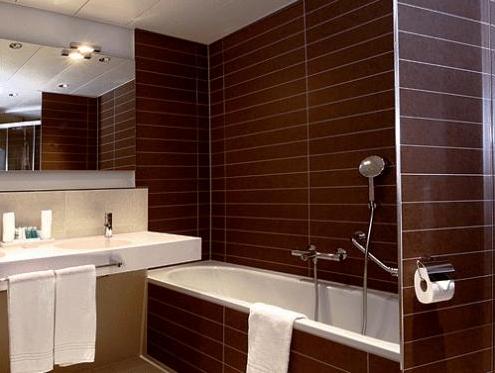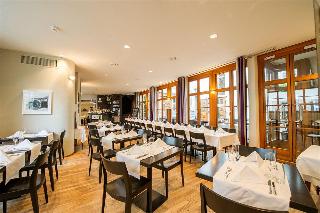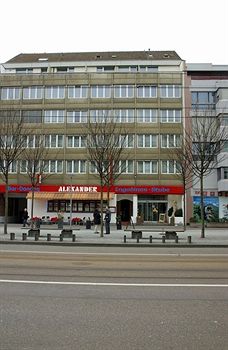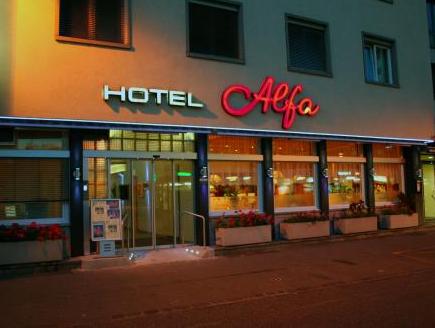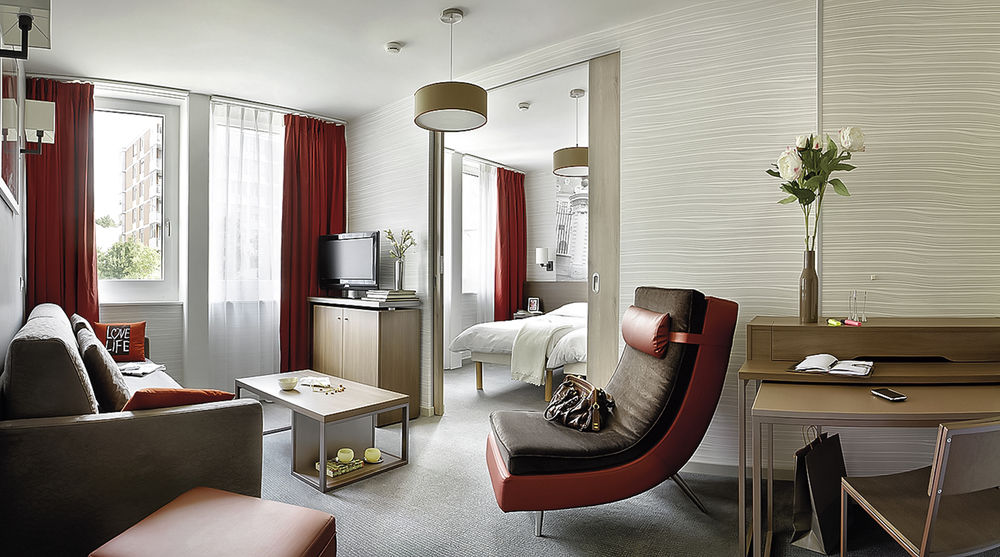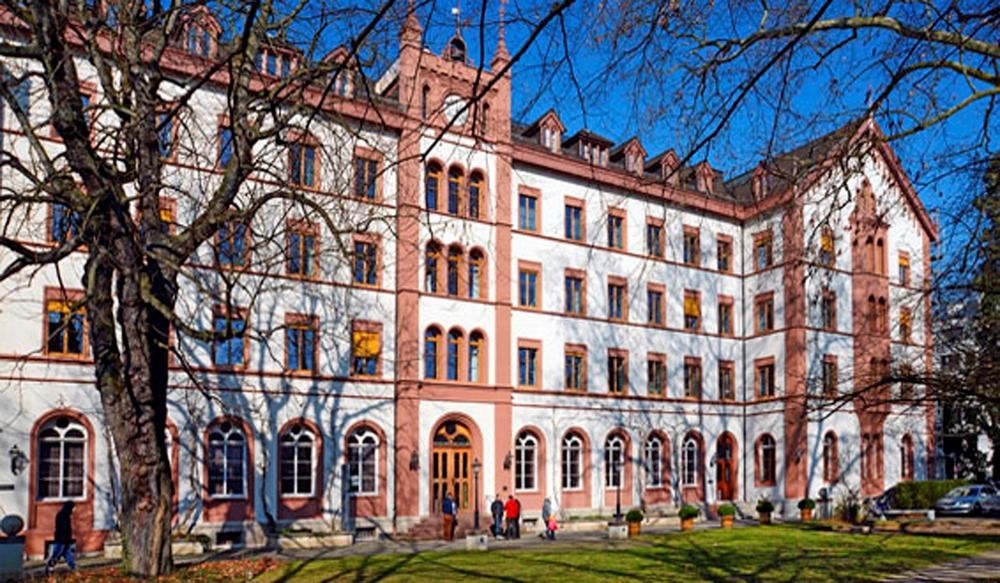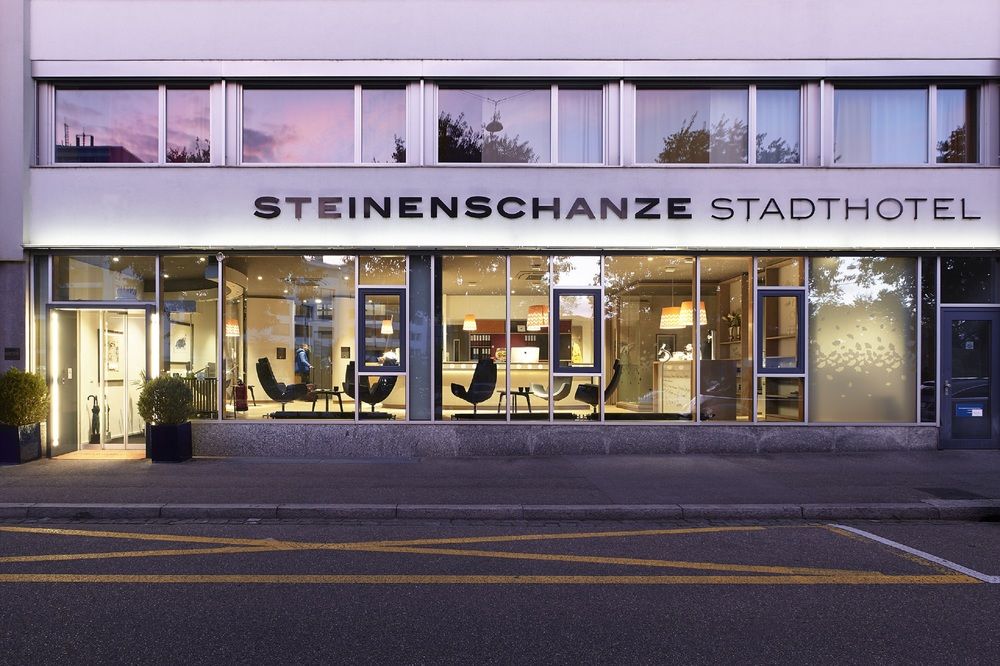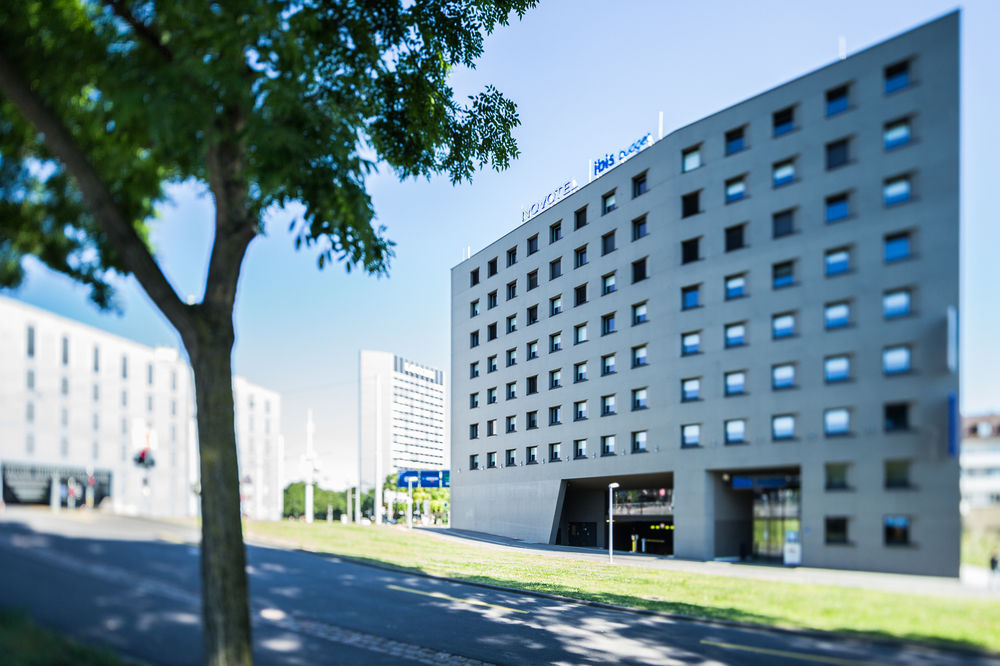
バーゼルホテル検索結果
AIが見つけた軒のホテルの最安値をご覧ください。
ベストホテル
最安値のホテル
ホテル等級
AIおすすめ
バーゼルベストホテル
バーゼル 最低価格のホテル
最高評価のホテル
バーゼルにある5つ星ホテル
バーゼルにある4つ星ホテル
バーゼルにある3つ星ホテル
AIがおすすめする世界の旅行先
バーゼル近くのホテル情報
バーゼル 旅行に欠かせない情報
“City of Arts”
Basel (; also Basle ; German: Basel [ˈbaːzl̩]; French: Bâle [bɑːl]; Italian: Basilea [baziˈlɛːa]) is a city in northwestern Switzerland on the river Rhine. Basel is Switzerland's third-most-populous city (after Zürich and Geneva) with about 200`000 inhabitants.Located where the Swiss, French and German borders meet, Basel also has suburbs in France and Germany. As of 2016, the Swiss Basel agglomeration was the third largest in Switzerland with a population of 541,000 in 74 municipalities in Switzerland (municipal count as of 2018). The initiative Trinational Eurodistrict Basel (TEB) of 62 suburban communes including municipalities in neighboring countries, counted 829'000 inhabitants in 2007.The official language of Basel is (the Swiss variety of Standard) German, but the main spoken language is the local Basel German dialect.
The city is known for its many internationally renowned museums, ranging from the Kunstmuseum, the first collection of art accessible to the public in Europe (1661) and the largest museum of art in the whole of Switzerland, to the Fondation Beyeler (located in Riehen).
The University of Basel, Switzerland's oldest university (founded in 1460), and the city's centuries-long commitment to humanism, have made Basel a safe haven at times of political unrest in other parts of Europe for the likes of Erasmus of Rotterdam, the Holbein family, and more recently also Hermann Hesse and Karl Jaspers.
Basel has been the seat of a Prince-Bishopric since the 11th century, and joined the Swiss Confederacy in 1501.
The city has been a commercial hub and an important cultural centre since the Renaissance, and has emerged as a centre for the chemical and pharmaceutical industry in the 20th century. In 1897, the city was chosen by Theodor Herzl as the location for the first World Zionist Congress, and altogether the congress has been held in Basel ten times over a time span of 50 years, more than in any other city in the world. The city is also home to the wo
 時間 UTC+02
時間 UTC+02 通貨 CHF
通貨 CHF 言語 German, French, Italian, Romansch
言語 German, French, Italian, RomanschStaypiaだけの特別な特典
リアルタイムホテル最安値比較
AIが見つけたin バーゼルの軒のホテルのリアルタイム最安値を簡単に比較検索できます。
316万軒のホテルを最安値で予約
最低価格に最大31%追加メンバーシップ割引でさらにお得にご予約いただけます。
自分だけの
AIがリアルタイムで更新するバーゼル旅行情報で便利に旅行を準備しましょう。
よくある質問
一般的なホテルの場合、客室予約はキャンセル締切日前まで無料返金が可能です。キャンセル締切日以降は手数料が発生する場合がありますので、ホテルバウチャーまたはメニュー>マイ予約でキャンセル締切日をご確認ください。
ステピアでは、AIが収集した316万件のホテルの最安値はもちろん、会員限定の追加割引価格で人気ホテルを予約することができます。
